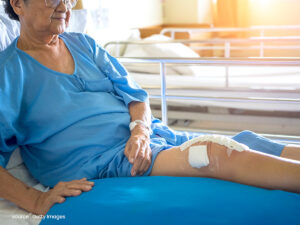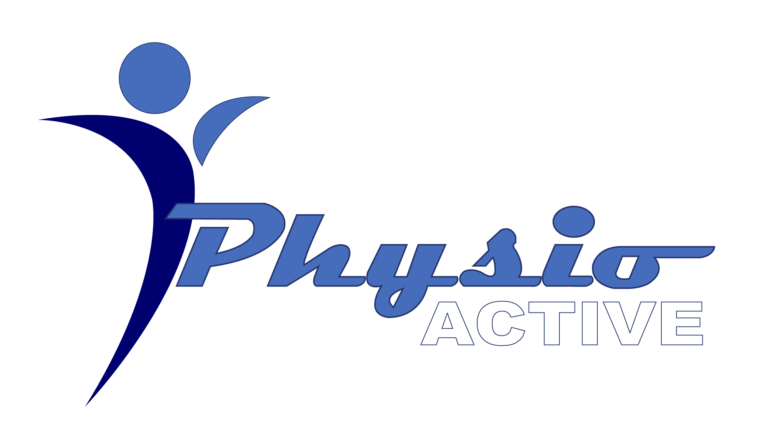After Surgery
After any type of surgery, physiotherapy can play a vital role in the recovery and rehabilitation process. The specific physiotherapy treatments will depend on the type of surgery performed and the individual’s condition. Once you visit our lasers physiotherapy clinic in south Delhi, you can get best treatment. Here are some common components of physiotherapy after surgery:

Pain Management:
Controlling pain is often a primary focus of post-surgery physiotherapy. The physiotherapist may use techniques such as heat or cold therapy, electrical stimulation, or manual therapy to alleviate pain and promote comfort.
Range of Motion Exercises:
Gradually regaining and improving the range of motion in the affected area is an important aspect of post-surgery rehabilitation. The physiotherapist will guide you through specific exercises and movements to safely increase joint mobility or restore flexibility.
Strengthening Exercises:
Strengthening the muscles around the surgical site is crucial for supporting the healing process and regaining function. The physiotherapist will design a customized exercise program to gradually strengthen the muscles without compromising the surgical repair.
Scar Management:
For surgeries that leave visible scars, the physiotherapist may provide guidance on scar management techniques, such as scar massage and proper wound care, to minimize scar tissue formation and promote healing.
Balance and Coordination Training:
Depending on the surgical procedure and the individual’s needs, balance and coordination training exercises may be included in the rehabilitation program. These exercises help improve stability, prevent falls, and enhance functional abilities. Don’t miss reaching at lasers physiotherapy clinic in south Delhi.
Gait Training:
If the surgery affects mobility and walking ability, gait training exercises will be incorporated to help you regain a normal walking pattern, improve balance, and ensure proper weight distribution.
Functional Training:
As you progress in your recovery, the physiotherapist will introduce functional training exercises that simulate activities of daily living. These exercises focus on restoring functional abilities and enhancing independence in tasks such as getting up from a chair, climbing stairs, or lifting objects.
Education and Precautions:
The physiotherapist will provide education on proper body mechanics, postural awareness, and precautions to prevent complications and protect the surgical site. They may also offer guidance on lifestyle modifications and self-management strategies for long-term recovery and overall well-being.




